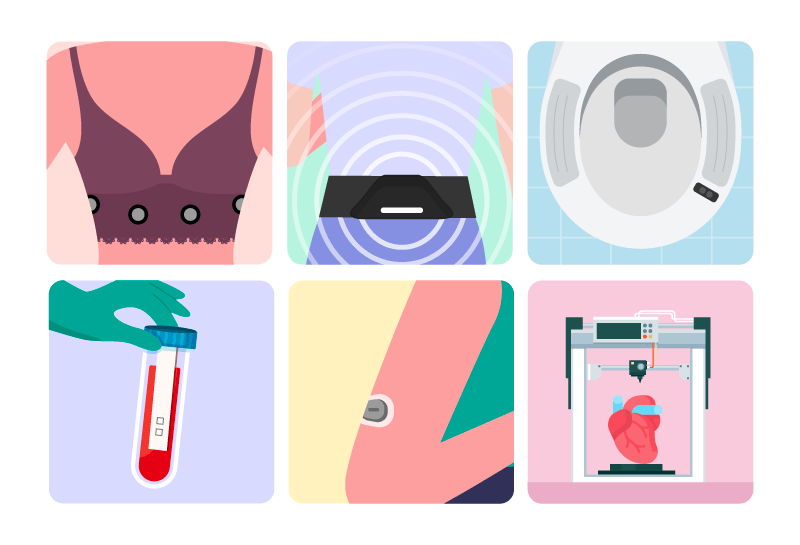When we hear about groundbreaking medical treatments, we often focus on the final product, whether it is a new drug, a life-saving therapy, or a revolutionary medical device. But behind every medical advancement are years of rigorous research, and at the heart of that research are clinical trials. Yet many people remain unaware of what clinical trials are and why their participation is crucial.
What are clinical trials?
Clinical trials are studies that test new treatments, vaccines, or medical procedures to make sure they are safe and effective for people. These studies help doctors find better ways to treat illnesses and improve healthcare for everyone.
A good way to understand clinical trials is to think about how new technology is tested before being released to the public. Before a new smart phone or app becomes available, developers run multiple tests, fix issues, and refine features based on user feedback. Similarly, researchers conduct clinical trials in multiple stages to ensure new treatments work well before making them available to the public. Without clinical trials, medical innovations would never reach the public.

DID YOU KNOW?
The diversity of participants in clinical trials is crucial for understanding how different population, including age, gender, ethnic groups, respond to treatments.
Benefits of participating in a clinical trial
Joining a clinical trial is an opportunity to help advance medicine while potentially benefitting from new treatments. Here’s why it matters:

|
Access to innovative treatments
Participants often gain early access to potentially life-changing treatments before they become widely available.
|

|
Personalised medical attention
Clinical trials involve regular health check-ups and close monitoring by medical experts.
|

|
Advancing medical science
By participating, you contribute to medical progress that can benefit future generations.
|

|
Helping others
Many clinical trial participants join to help find better treatments for conditions that affect millions worldwide.
|
Common myths of clinical trials
Many people fear that participating in a clinical trial may pose risks or jeopardise their safety. However, rigorous ethical standards and regulatory oversight are in place to prioritise and protect the wellbeing of all participants.

DID YOU KNOW?
The diversity of participants in clinical trials is crucial for understanding how different population, including age, gender, ethnic groups, respond to treatments.
Who can participate?
Each trial has specific eligibility criteria based on factors such as age, medical history, and existing medical conditions. Some trials seek participants with certain diseases, while others recruit healthy volunteers.

DID YOU KNOW?
You don’t have to be a patient to participate in some clinical trials as healthy volunteers are also needed to test the effects of treatments in people without underlying health issues.
How to find a clinical trial
If you’re interested in joining a clinical trial, here’s where you can start:
Clinical trials drive medical progress, but they rely on volunteers’ willingness to participate. By joining a trial or simply learning more, you can help create better treatments for yourself and others in the future. Whether you join to seek treatment, contribute to science, or help others, your participation can make a difference.



 Copied
Copied









 10 mins read
10 mins read 





